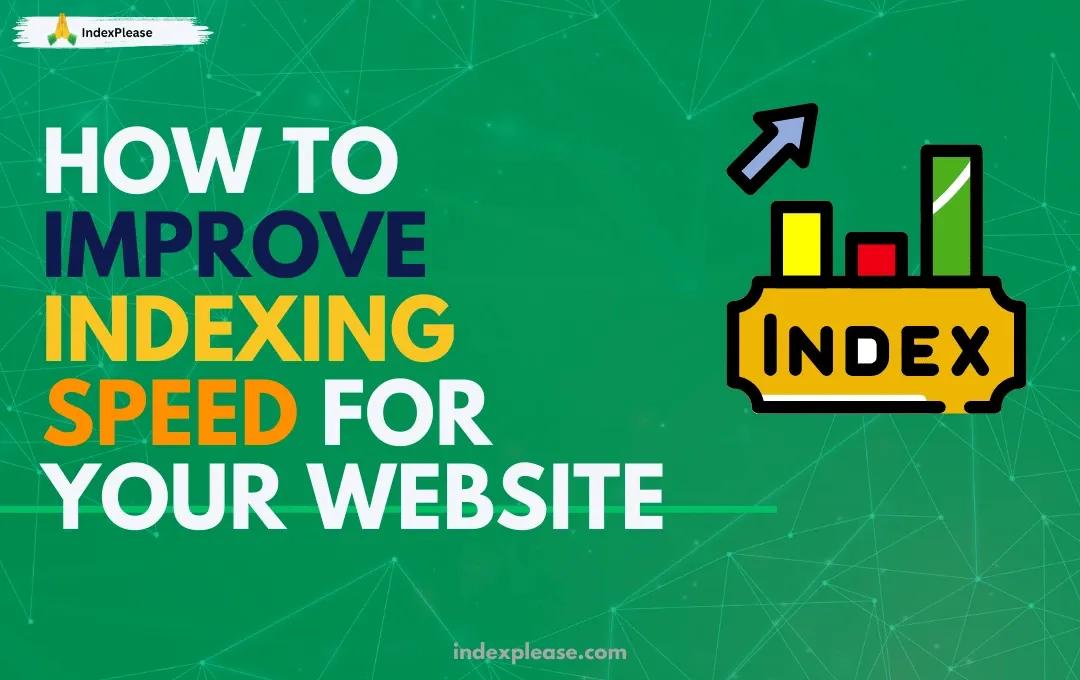
Your website’s indexing speed is crucial for its success. What damage may occur to your website? The fact is that your online visibility will hurt. People will not find your website on search engines if the indexing process is slow. Whether you are a businessman, blogger, or SEO expert, one thing that matters most is that once you have got your content ready now, it is visible to your audience within NO time. Waiting days or even hours for indexing results in missed opportunities in today’s fast-paced digital world. Don’t panic, though; there are simple ways to increase your indexing speed. You can boost your website’s visibility to search engines and speed up the indexation of your content by using the right strategies.
Factors That Affect Indexing Speed
The first step to increasing indexing speed is to understand what affects it. Bots, sometimes called crawlers or spiders, are used by search engines like Google to examine your website. The frequency and detail with which these bots crawl your pages affect how quickly they are indexed. Here, several factors are involved.
i) Website Structure and Navigation
Crawlers can identify and index pages faster on a well-structured and simple navigation website. If your website’s architecture is disorganized, bots may miss crucial pages. Connect your pages properly using internal linking instead of placing important content deep in the hierarchy.
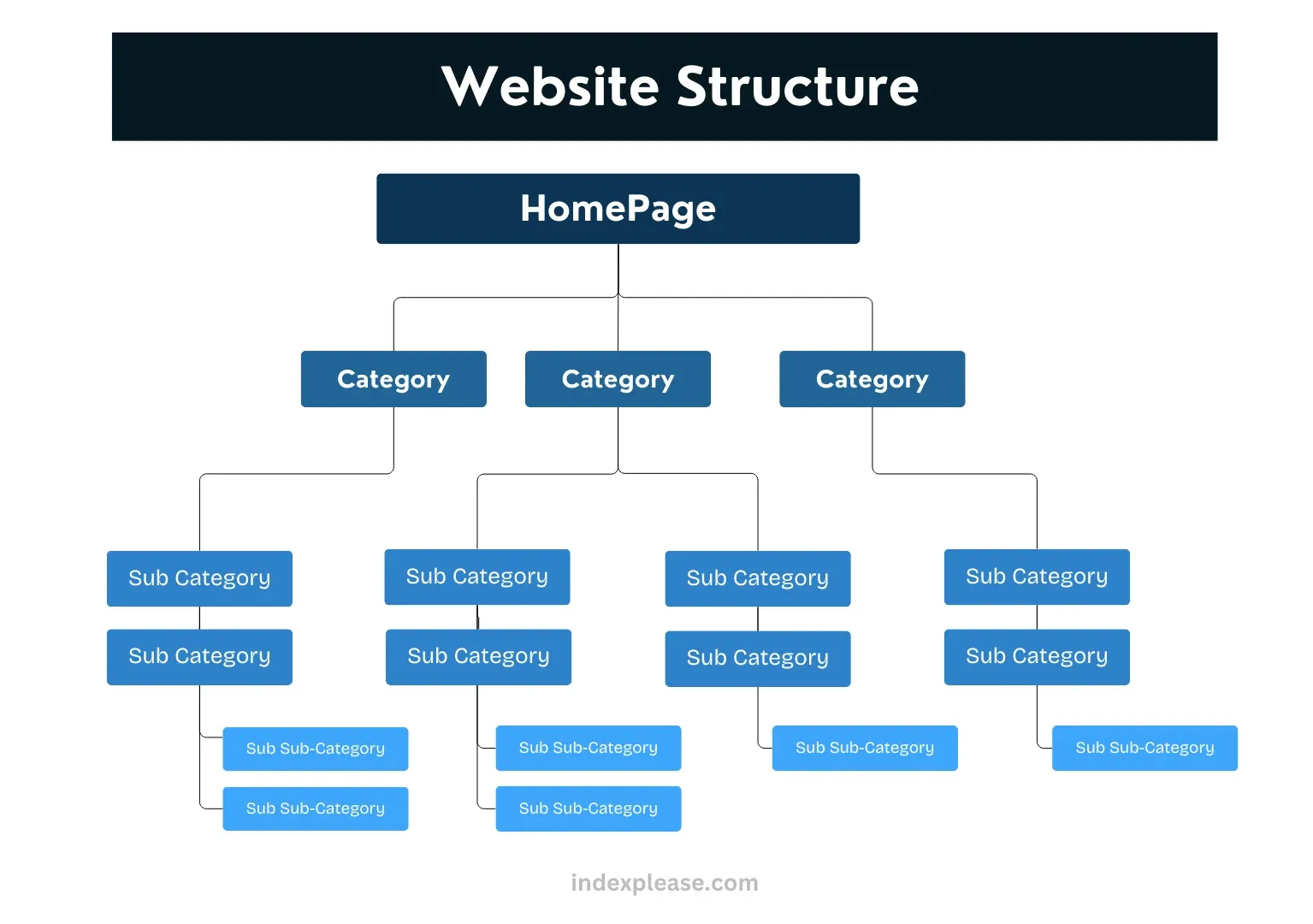
ii) Sitemap and Robots.txt
A precise XML sitemap informs search engines on where to locate your content. You should also specify in your robots.txt file what crawlers can and cannot index. Errors in these files may cause indexing to slow down or completely block important pages.
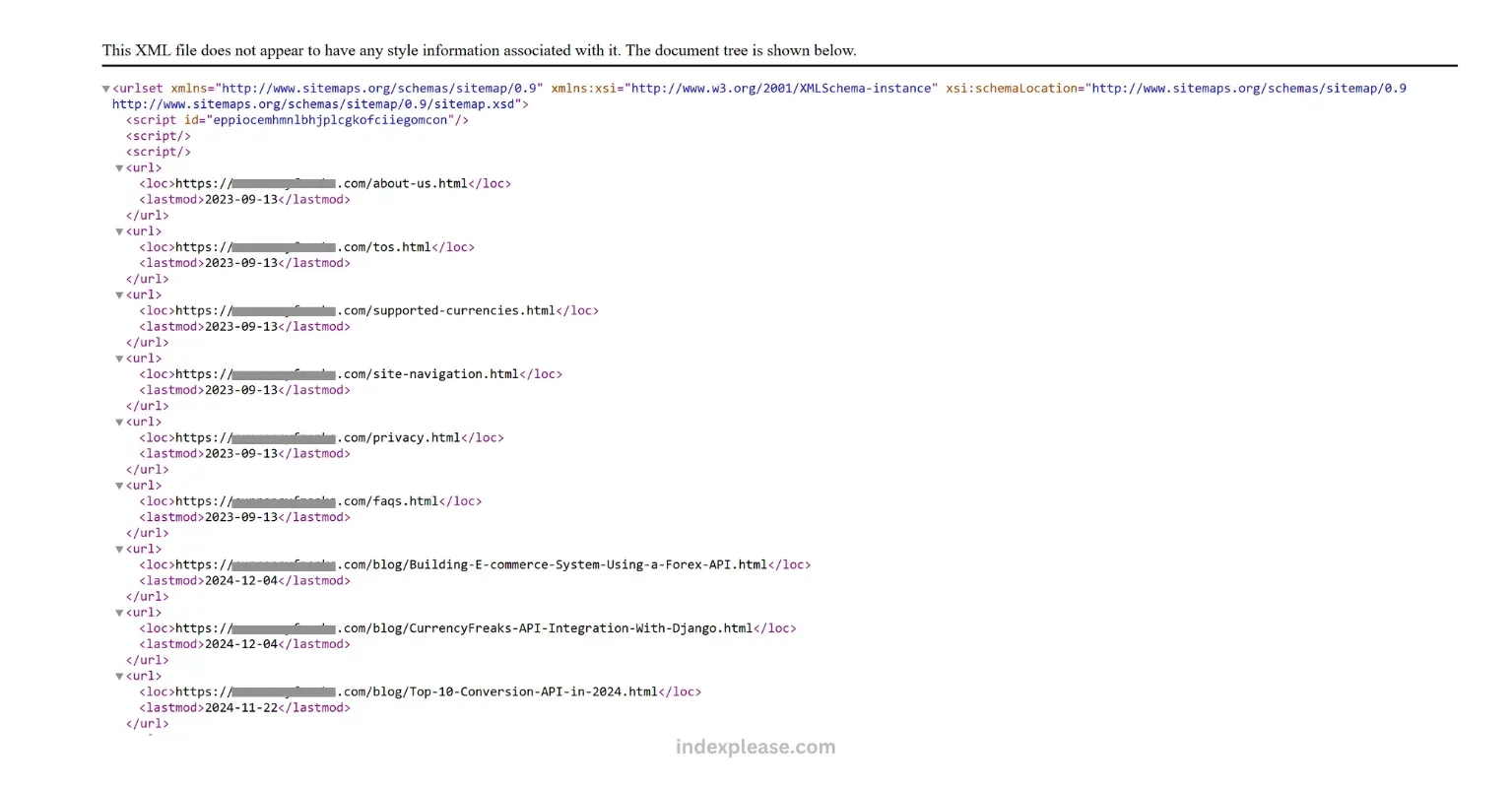
iii) Content Quality and Frequency
Regularly posting relevant, high-quality content encourages search engine bots to visit your website more often. Remove duplicate material as they can slow down indexing. To increase your website’s indexing and ranking potential, produce unique, interesting content that benefits users and complies with search intent.
iv) Hosting and Server Performance
Your hosting provider greatly affects the speed at which your website is indexed. When the server is slow, bots have more difficulty crawling your website effectively. Choose a reliable hosting provider with quick server response times and good uptime.
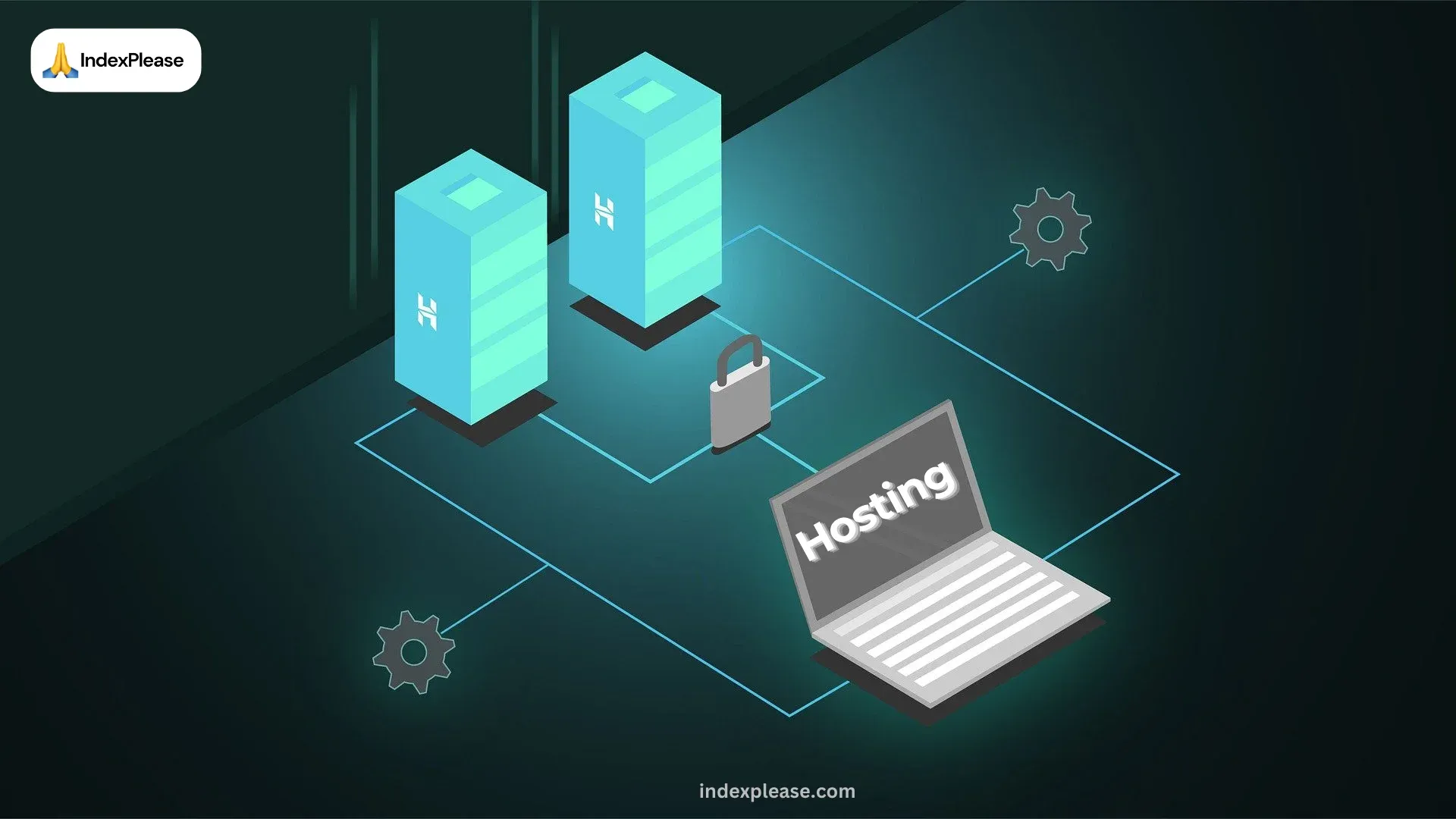
Measuring and Enhancing Crawl Speed for Faster Indexing
The speed at which search engine crawlers browse your website is crawl speed. You must measure this first to improve it. You can learn more about your crawl statistics with tools like Google Search Console, which provides the number of pages bots explore daily and the time it takes them to do so.
i) Optimize Your Crawl Budget
The crawl budget is the number of pages a bot visits on your website in a single session The crawl budget is a common problem for large websites with hundreds of pages. To optimize it:
Remove any outdated, unnecessary, or poor-quality content cluttering your website.
To prevent wasting the crawl budget on duplicates, use 301 redirects or canonical tags.
Since dead links hurt your SEO and frustrate crawlers, repair any broken links.
Indexplease provides valuable solution to the websites facing crawl budget. No matter what the size of the website is, indexplease can help you in indexing within 24 to 48 hours.
ii) Speed Up Server Response Time
Crawlers will access and index your pages quickly if your server is faster. Use programs like Google PageSpeed Insights to find server performance problems. Employ browser caching, reduce the size of pictures, and minimize code for improved speed.

iii) Submit an Updated Sitemap
Search engines find and index fresh or updated information on your website more rapidly if you submit an updated sitemap. Using tools such as Google Search Console to upload and check the accuracy of your sitemap can help. Ensure the sitemap contains all necessary pages and is error-free For improved crawl efficiency and faster indexing. XML Sitemap Viewer will assist you in viewing all URLs on your sitemap and will help in ensuring that the sitemap is updated.
iv) Leverage Internal Linking
One effective strategy to increase indexing speed is internal linking. It ensures that search engine bots find all important pages on your website. To improve crawlability and user experience, strategically link high-value pages, use descriptive anchor text, and use link-stuffing on a single page.
Avoiding Common SEO Pitfalls That Slow Down Indexing
Focusing on improvements is crucial, but so is avoiding errors that can slow down your indexing. Below are common SEO mistakes that can slow down or stop crawlers completely.
i) Blocking Crawlers Accidentally
Unintentionally blocking crawlers can make your website less visible. Important pages will not be indexed if robots.txt files or meta tags are not configured correctly. Make sure bots can access important information by regularly checking these settings. To ensure seamless crawling, use tools such as Google Search Console to find banned pages and address the problems as soon as possible.
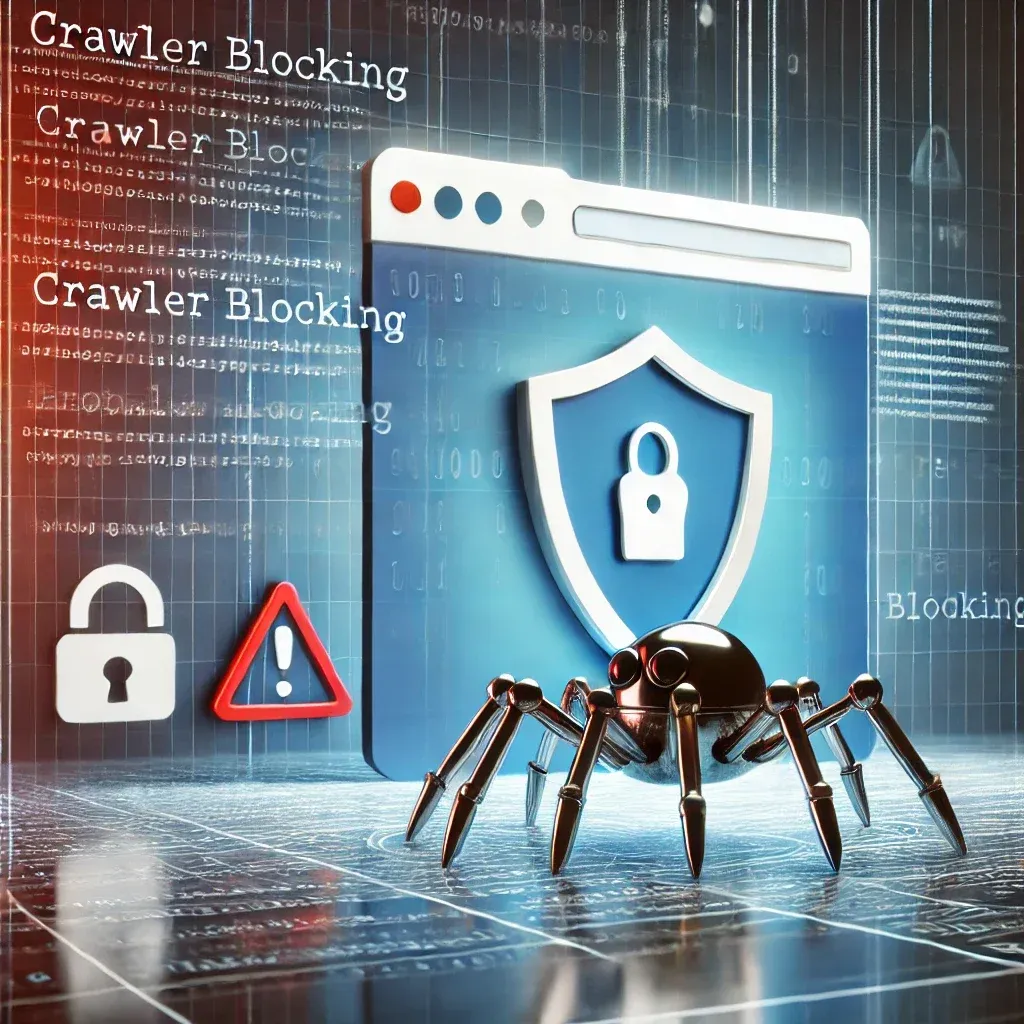
ii) Overloading Pages with Media
Loading times can be significantly slow if your website includes huge media items, such as videos and high-resolution photos. In addition to irritating users, the delay prevents search engine crawlers from effectively crawling. Use modern formats like WebP, optimize pictures, and employ lazy loading to improve indexing and performance.
iii) Ignoring Mobile Optimization
In the age of mobile-first indexing, mobile optimization is crucial. Search engines may crawl and rank your website low if it is not responsive and mobile-friendly. Ensure your website is responsive, loads quickly, and offers smooth navigation on tablets and smartphones for increased indexing speed and fast rankings.
iv) Neglecting HTTPS Security
Ignoring HTTPS security negatively affects the website’s credibility and indexation. Since search engines prefer secure websites, they will mark your website unsafe without an SSL certificate. This lowers crawl rates and discourages users. Implementing HTTPS increases search engine rankings, enhances user confidence, and safeguards data.
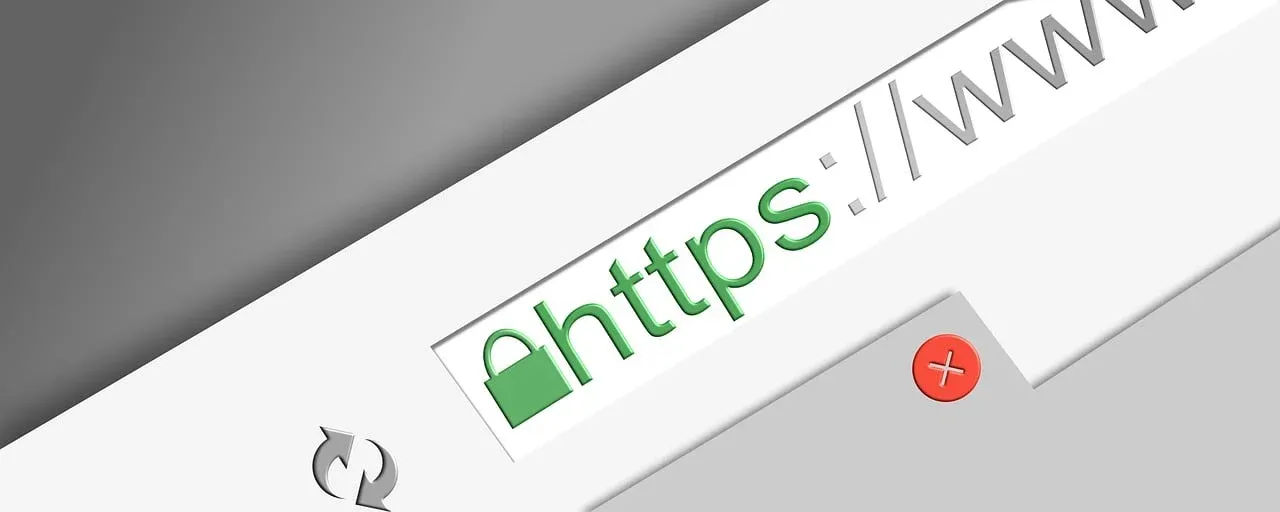
Boosting Page Load Speed for Faster Indexing
Page load speed is among the most important elements determining how quickly your website is indexed. In addition to enhancing user experience, sites that load faster make it easier for search engine crawlers to crawl efficiently.
i) Compress Images and Use Proper Formats
Images are often the biggest factor behind slow website speeds. Use platforms like Optimizilla or TinyPNG to compress and minimize file size without compromising quality. Furthermore, instead of using outdated formats like JPEG or PNG, utilize more recent ones like WebP, which offer greater compression and efficiency.
ii) Enable Browser Caching
Browser caching reduces the load time by storing static files like images, scripts, and stylesheets on users’ devices. This lowers the number of server requests made on subsequent visits. Use caching plugins or adjust your server settings to determine how long resources should be cached for the best performance.
iii) Reduce JavaScript and CSS Blocking
Reduce CSS and JavaScript files that prevent rendering to improve page speed. Utilize tools such as Google Lighthouse to find and fix problematic scripts. To improve user experience and indexing speed for your website, combine, compress, and postpone non-essential files to increase the loading speed.
iv) Use a Content Delivery Network (CDN)
A content delivery network (CDN) improves the speed of your website by distributing your content among several servers across the globe. No matter where they are, consumers’ load times are reduced increasing page speed and search engine crawl efficiency. Search engines index your pages more quickly if your website loads faster.
v) Regularly Audit Your Website
Maintaining the ideal indexing speed requires a regular audit of your website. Check for technological problems, slow-loading websites, and broken links. You can also use tools like Google Search Console and PageSpeed Insights to identify issues and ensure your website functions properly for users and search engines.
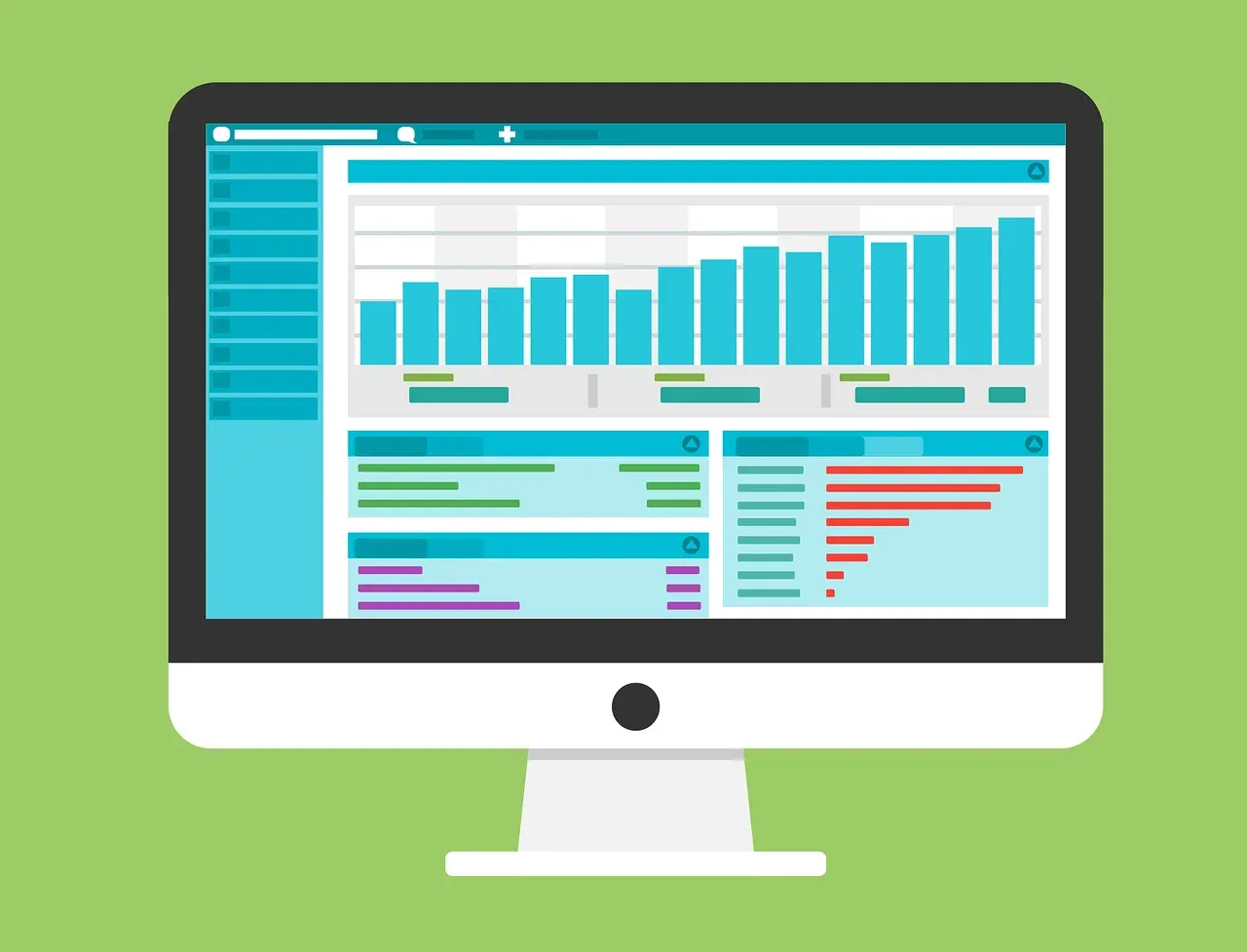
Final Thoughts
Although improving your website’s indexing performance takes time, the effort is rewarding. You can ensure search engines find and rank your content fast by improving crawl speed, fixing common errors, and understanding the elements that affect indexing.
Take concrete measures, such as improving your sitemap, increasing server speed, and consistently posting outstanding content. Remember that a site that index faster will be more visible, increasing traffic, engagement, and overall growth of your online presence. Indexplease help keep the records of URLs’ indexing status and resubmit a URL for indexing if it has not been indexed already.
FAQs
- Why is indexing speed important for my website?
Indexing speed affects search engines’ ability to display your content in search results. Faster indexing results in improved visibility, traffic, and rankings.
- How can I check my website’s indexing speed?
Use tools like Google Search Console to analyze crawl stats, track indexed pages, and identify bottlenecks affecting crawl efficiency and speed.
- What can slow down search engine indexing?
Slow page loads, broken links, duplicate content, poor server performance, or misconfigured robots.txt may affect indexing speed.
- How does a sitemap improve indexing speed?
A Well-organized XML sitemap ensures fast indexing of your pages by making it easier for search engine crawlers to find and browse your content.
- How can I optimize crawl speed?
Repairing broken links, utilizing internal links, optimizing server response time, and removing outdated content can increase your crawl budget.